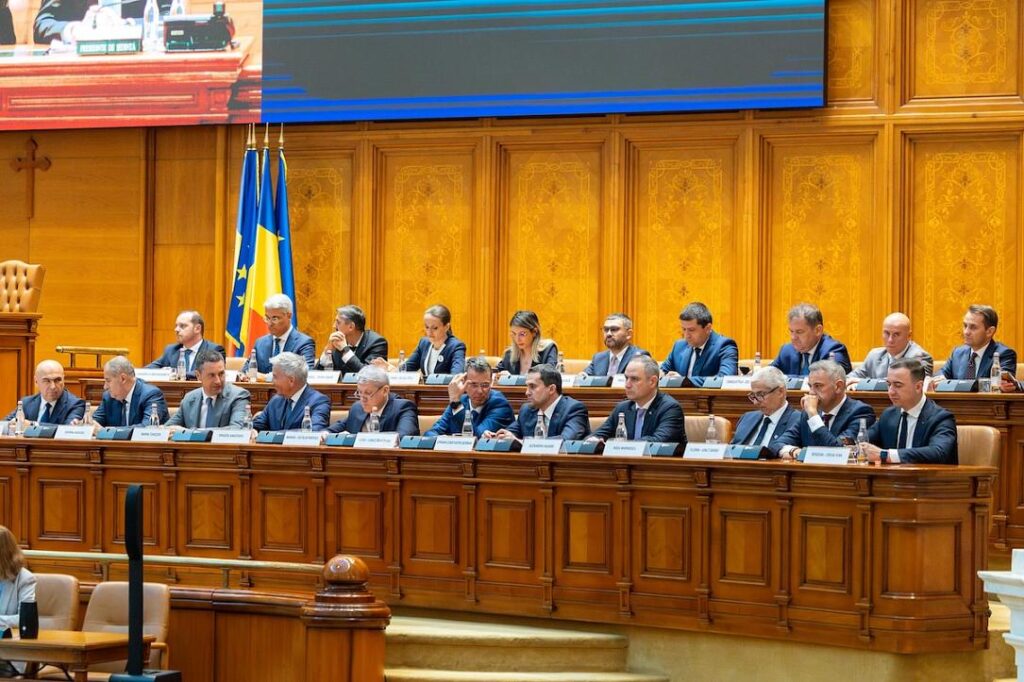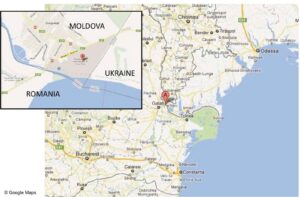Romania’s New Pro-European Government Sworn In with Strong Parliamentary Support

Bucharest, The Gulf Observer: Romania has officially ended months of political deadlock with the formation of a new pro-European coalition government led by Prime Minister Ilie Bolojan. The new government received overwhelming approval from Parliament on June 23, securing 301 votes in favour out of 464 members, paving the way for political stability and urgent fiscal reforms.
Prime Minister Bolojan, the former acting President, was sworn in during an official ceremony at Cotroceni Palace in the presence of President Nicușor Dan and members of the newly appointed Cabinet.
The new coalition government brings together Romania’s major political forces, including the National Liberal Party (PNL), Social Democratic Party (PSD), Save Romania Union (USR), and the Democratic Union of Hungarians in Romania (UDMR), along with representatives of national minorities.
Under the coalition agreement, Ilie Bolojan will serve as Prime Minister until April 2027, after which the leadership is set to rotate to a PSD representative.
In his address, Prime Minister Bolojan reaffirmed his government’s commitment to fiscal discipline, economic stability, and advancing Romania’s strategic alignment with the European Union. The government faces the pressing task of reducing Romania’s public deficit, currently among the highest in the EU, through spending cuts, tax adjustments, and reforms in public administration.
The new Cabinet includes 16 ministers and five deputy prime ministers, with portfolios distributed among coalition partners to ensure a balanced governance structure.
President Nicușor Dan, speaking at the inauguration, emphasised the need for urgent economic reforms to meet EU requirements, avert potential financial risks, and maintain Romania’s credibility within European institutions.
The new government is expected to present a comprehensive fiscal plan by mid-July to comply with the EU’s Excessive Deficit Procedure, a step seen as critical to preventing possible credit rating downgrades and ensuring economic stability.
With a solid parliamentary majority exceeding 65%, the coalition is positioned to implement reforms targeting Romania’s economic competitiveness, digital transformation, and public sector efficiency. However, internal debates within the alliance, particularly concerning potential austerity measures, reflect underlying challenges to maintaining unity.
The successful formation of the Bolojan government is viewed as a key step towards enhancing Romania’s political stability, strengthening its European commitments, and advancing its long-term objective of securing OECD membership.


